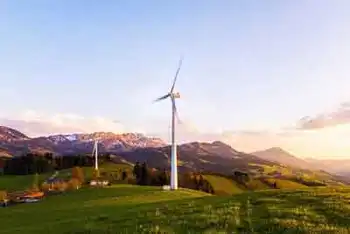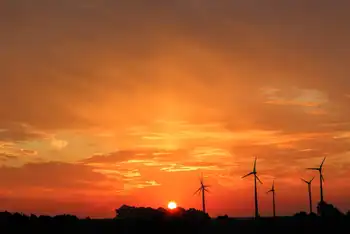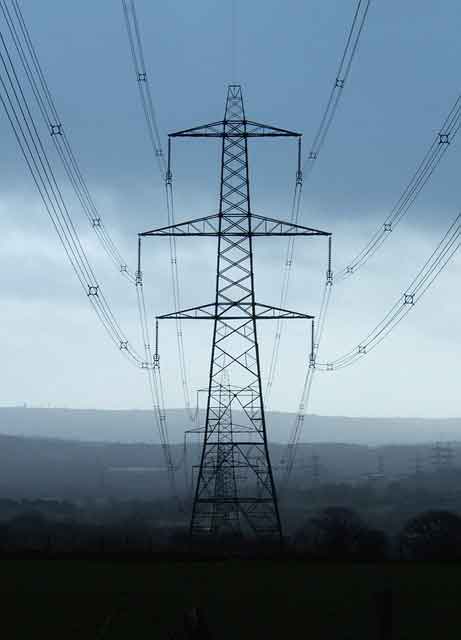SaskPower delivers jobs to Sandy Bay youth
"This new partnership with Hector Thiboutot Community School is just one example of SaskPowerÂ’s efforts to forge a stronger relationship with the residents of Sandy Bay,"said Rob Norris, Minister Responsible for SaskPower.
"Providing these job opportunities to high school grads makes it more likely that theyÂ’ll stay in their home community and become the next generation of local leaders."
Program details are currently being finalized in partnership with the community, including criteria for program applicants. In July, SaskPower will work with Sandy Bay officials to select the inaugural candidates. The four positions at the Island Falls Hydroelectric Station will last for 14 months. Currently, 23 people are employed at the hydro station.
"By offering these recent grads real-life work experience, theyÂ’ll be better qualified for permanent positions at our Island Falls hydro facility," said Robert Watson, President and CEO, SaskPower.
In addition to this new employment opportunity for Sandy Bay youth, SaskPower will continue to develop and implement initiatives that will help build a long-term, sustainable relationship between SaskPower and the community of Sandy Bay.
The combined generating capacity at Island Falls is 101 megawatts, while SaskPower's system-wide hydroelectric generating capacity is 853 megawatts. SaskPower has a total available generation capacity of 4,093 megawatts.
Related News

UK must start construction of large-scale storage or fail to meet net zero targets.
LONDON - The U.K. government must kick-start the construction of large-scale hydrogen storage facilities if it is to meet its pledge that all electricity will come from low carbon sources by 2035 and reach legally binding net zero targets by 2050, according to a report by the Royal Society.
The report, "Large-scale electricity storage," published Sep. 8, examines a wide variety of ways to store surplus wind and solar generated electricity—including green hydrogen, advanced compressed air energy storage (ACAES), ammonia, and heat—which will be needed when Great Britain's supply is dominated by volatile wind and solar power.
It concludes that large scale…





